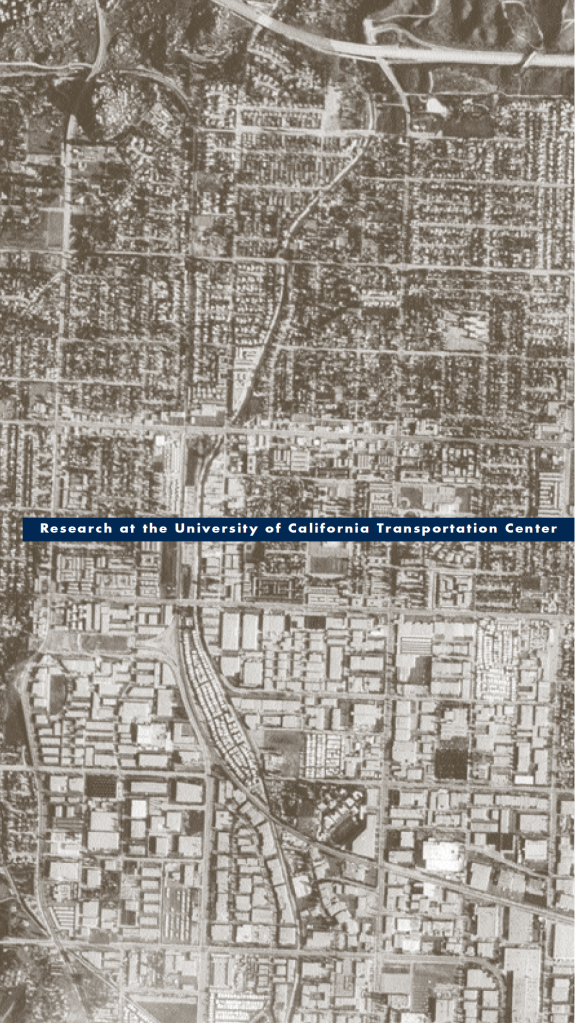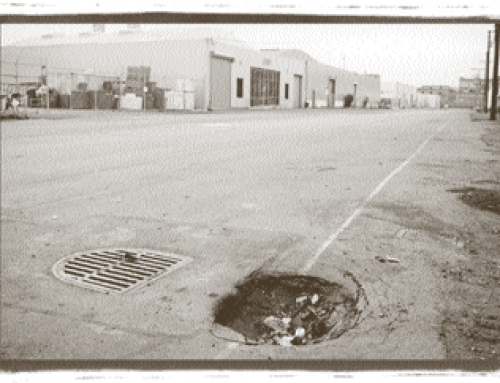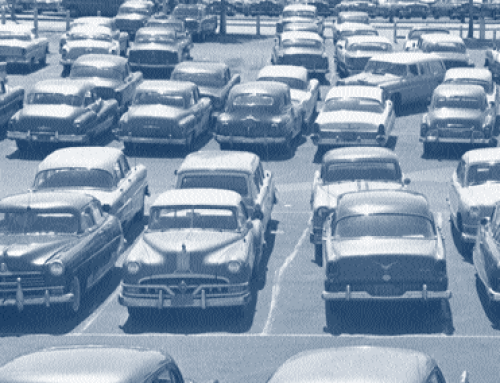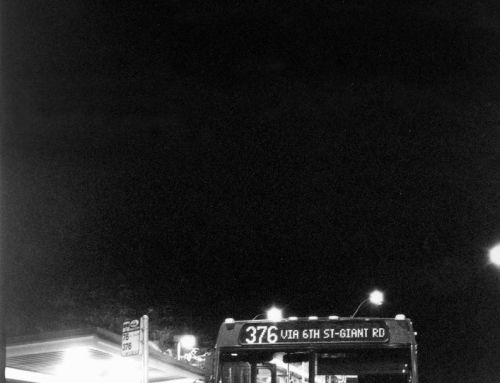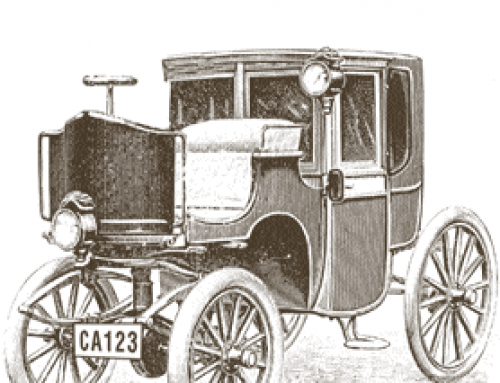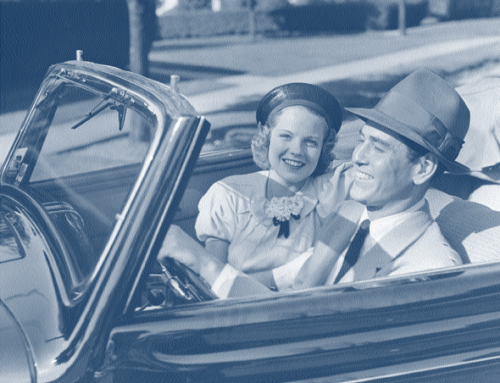 In this time of occupational specialization, we expect each profession to focus on the narrowly specific tasks it’s responsible for, letting others worry about everything else. Engineers, economists, accountants, land use planners, lawyers—each professional group is expected to mind its own business. But, at the same time, we know that’s not good enough, if only because we know everything really is connected to everything else.
In this time of occupational specialization, we expect each profession to focus on the narrowly specific tasks it’s responsible for, letting others worry about everything else. Engineers, economists, accountants, land use planners, lawyers—each professional group is expected to mind its own business. But, at the same time, we know that’s not good enough, if only because we know everything really is connected to everything else.
In recent decades we’ve been learning how to think as systems analysts and to trace causal chains wherever they may lead. As a result, the boundaries defining disciplines and professions have been eroding—paradoxically, even as specialization is becoming ever more refined. That erosion has been apparent in transportation, no doubt because transportation itself has no boundaries. It intrudes into virtually every corner of modern society—manufacturing, retail trade, agriculture, recreation, education, medicine, national defense, daily life. There’s probably no field of human activity that’s independent of transportation systems. Hence every aspect of human welfare is intimately affected by them.
Once we probe beyond traditional professional boundaries, we find that the sources of problems typically lie outside our own specialized arenas. For example, when seen in a larger societal context, the problem of traffic congestion is no longer the exclusive province of traffic specialists. The roots of the problem lie elsewhere—in land use regulation, or in taxation policy, or in mortgage practices, or in changing corporate processes, or in rising incomes, or, more likely, in some amalgam of all these and other seemingly external factors. Moreover, each component of that amalgam is the product of its own complex causal chain.
Many of this magazine’s contributors are transportation specialists whose specialties lie in the interstices between the other traditional disciplines and professions. They’re looking into the relations of the transportation subsystem to the rest of the societal system, asking how transportation enhances individuals’ access to opportunities and business firms’ access to goods, services, and markets. They’re asking how transportation relates to economic development, to urbanization, to the quality of individuals’ lives—asking how it both lubricates social and economic intercourse and glues the parts of society together. Not content to serve only as suppliers of infrastructure, they’re simultaneously focused on the effects of transportation hardware and on the outcomes of infrastructure for consumers.
Whether searching for underlying sources of problems or reaching for new instruments of social betterment, workers in fields that touch on public policy are compelled to ignore traditional boundaries. They must be intellectually independent of their own professions and follow wherever the internal logic of their inquiries may lead them. So, unavoidably, we who call ourselves transportation specialists find we’ve become eclectic generalists as well.
Melvin M. Webber

